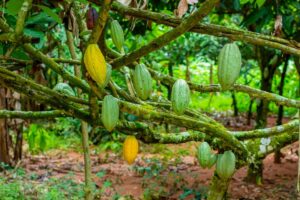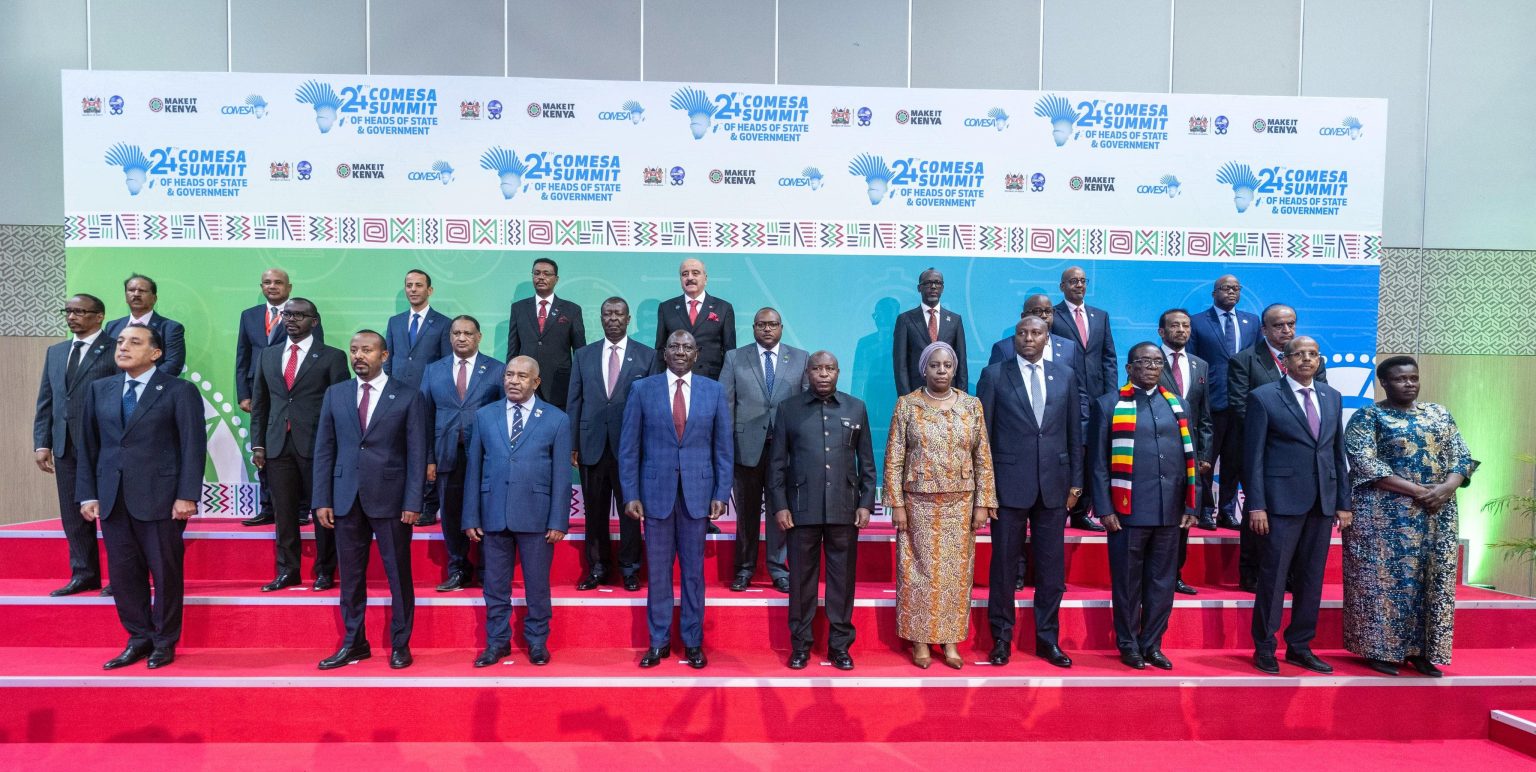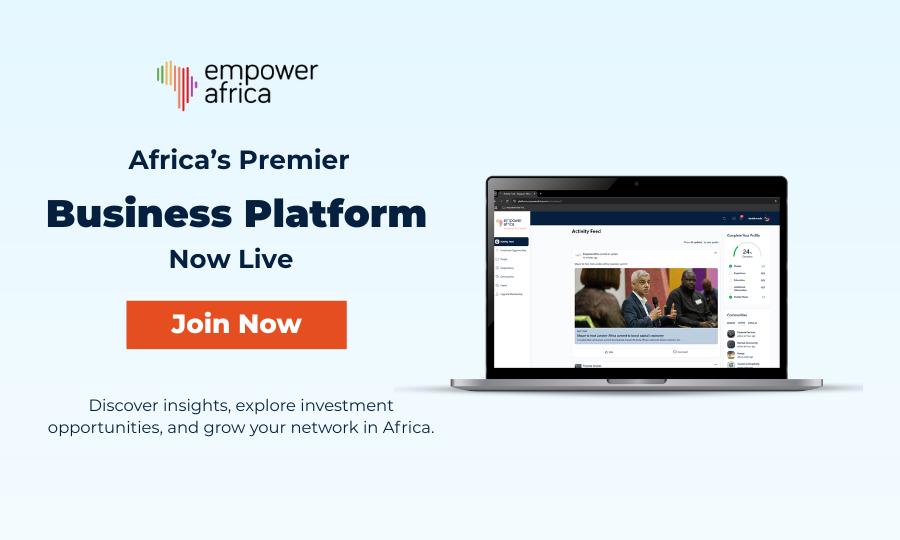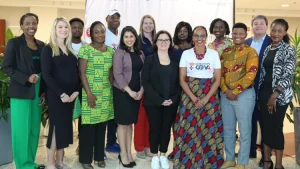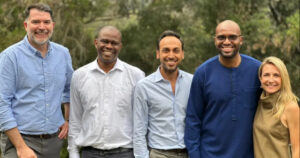COMESA unites 21 countries in eastern, southern, and parts of northern Africa, such as Burundi, Comoros, the Democratic Republic of Congo, Djibouti, Egypt, Eritrea, Eswatini, Ethiopia, Kenya, Libya, Madagascar, Malawi, Mauritius, Rwanda, Seychelles, Somalia, Sudan, Tunisia, Uganda, Zambia, and Zimbabwe.
Together, the member nations represent more than 640 million people and have a combined GDP exceeding USD 1 billion, making COMESA one of Africa’s major regional trading blocs.
Despite its size, trade within COMESA remains limited, contributing to less than 10 percent of total trade.
The reliance on the US dollar for settlement, currency conversion costs, and weak financial linkages between members have been major impediments.
Observers believe the new payments system could unlock considerable value, especially for small and medium-sized enterprises that often struggle with high costs and liquidity constraints.
For Kenya, Ethiopia, and Egypt—which together constitute nearly half of COMESA’s economic output—the shift may ease pressure on foreign reserves and help stabilize exchange rates.
During the launch, President William Ruto of Kenya—who now chairs COMESA—welcomed the platform as a major step towards deeper regional economic integration.
He revealed that Kenya has boosted its investments in regional trade finance institutions, increasing its stake in the Trade Development Bank by USD 100 million and in Afreximbank by USD 50 million.
“Strengthening our own regional financial institutions is one of the most sustainable pathways for Africa,” Ruto said.
If adopted widely, the platform could reduce dependence on the US dollar, giving member states more control over their own currencies, such as the Kenyan shilling or Ethiopian birr.
